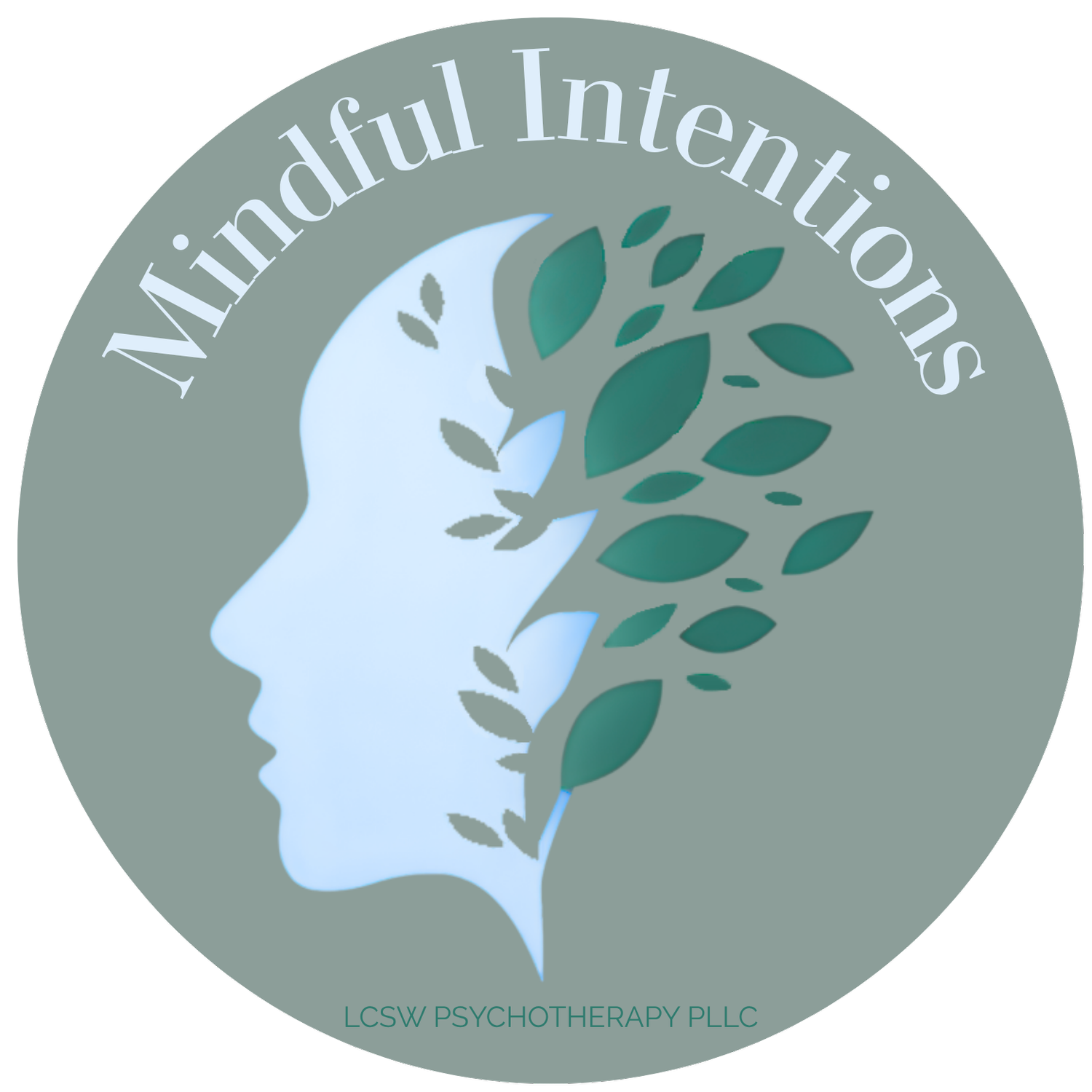Trauma
Trauma is a response to an overwhelming event or series of events that felt threatening, harmful, or deeply distressing—physically, emotionally, or psychologically. It’s not just about what happened, but how your mind and body experienced it. Trauma can come from a single incident, like an accident or assault, or from ongoing experiences, like neglect, abuse, or chronic stress.
Even if you don’t always remember the details or feel like it 'shouldn't' have been traumatic, your nervous system might still carry the imprint. That can show up in many ways—like anxiety, feeling numb, having trouble trusting others, or reacting strongly to things that seem small.
Seeking therapy is a strong step because trauma isn’t about weakness—it’s about your system doing its best to survive something that was too much to process at the time. In therapy, we work gently with that, at your pace, to help you feel safer, more in control, and more connected to yourself and others.
How We Can Help
Treating trauma is a gradual, supportive process that focuses on helping you feel safe, understood, and more in control of your life. We won’t dive straight into painful memories. We start by building trust, helping you feel grounded in the present, and developing tools to manage overwhelming emotions.
We focus on stabilization—this means helping you learn skills like calming your nervous system, recognizing triggers, and staying connected to your body and the here-and-now.
When you're ready—and only when you’re ready—we can move into gently exploring the trauma itself. This might involve talking about it, or it might involve other methods like EMDR (Eye Movement Desensitization and Reprocessing), somatic work, or imagery. The goal isn't to relive the trauma, but to process it in a way that helps your brain and body understand: ‘This is over now. I'm safe.’
Finally we guide you through integration—reconnecting with yourself, your relationships, and your life in ways that feel empowering. Trauma may always be a part of your story, but it doesn’t have to control how you live or how you feel about yourself.
